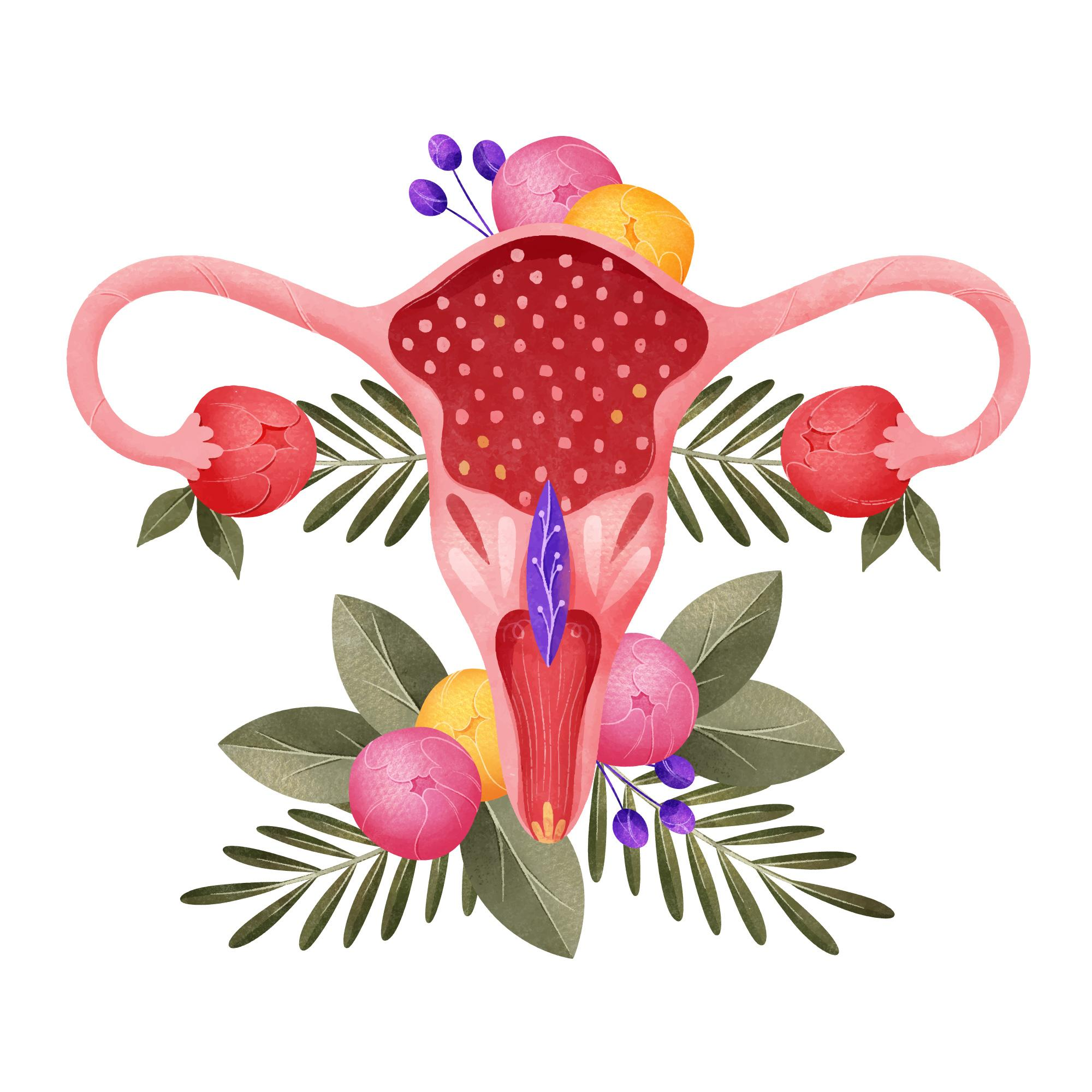What is vaginal douching?


Everything you should know before going for vaginal douching.
 The word douche means ''to soak'' or ''to wash''. It is a process in which a current or a jet of a cleansing solution is sent into a body cavity (vagina) for cleaning. The exact figure is unknown, but several studies have noted that every adult woman out of four to five uses douching for various purposes.
The word douche means ''to soak'' or ''to wash''. It is a process in which a current or a jet of a cleansing solution is sent into a body cavity (vagina) for cleaning. The exact figure is unknown, but several studies have noted that every adult woman out of four to five uses douching for various purposes.How and why is it done? What are its pros and cons? Is it safe for women's health? How can a woman wash his vagina to avoid sexually transmitted infections if it is unsafe? Stay on the page for answers.
It is done by injecting a mixture of water and other ingredients (e.g., baking soda, vinegar, bleach, benzoic acid, iodine etc.) into the vagina through a spray pump or manual squirting via a nozzle or tube. The mixture flushes the vagina and comes out automatically. Why is it done? This practice is done to;
Wash out the vagina
Remove the unpleasant odours
Remove semen after sex
Avoid pregnancy
Washing the menstrual blood
Warding off sexually transmitted diseases.

The exact purpose varies from person to person. A recent study in 2020 found that personal hygiene is the most common reported purpose of douching, followed by religious reasons, disease control, family planning and ignorance, respectively.
This topic is hotly debated. While the traditional sources and some self-reports highlight some benefits, biomedical research suggests that it has hardly any benefit.
The users report that they feel a bit cleaner and fresher after the procedure and it also increases their sexual appeal. Some also claim it handles unwanted changes in the natural vaginal odour. But these benefits are mostly self-reported, and scientific investigations rarely support them.
Irrespective of your intention, douching has little to offer in return, and most medical professionals do not recommend it. According to experts, using it for any expected benefit can give opposite results, and it can cause various issues. The most common adverse effects are;
Your vagina is host to various bacteria, fungi and protozoa that live in a complex community called the vaginal flora. The mutual harmony of these microorganisms controls the growth of pathogenic bacteria and fungi.

If you intervene through douching, you will likely disturb the delicate balance in the vaginal flora. The harmful bacteria will seize this opportunity and cause serious infections, e.g., bacterial vaginosis. The studies have also noted that the women who undergo regular douching have a much higher risk of developing Chlamydia infections which is the major cause of tube infertility, pelvic inflammatory disease and ectopic pregnancy.
It can result in dangerous infections in the vagina. The fungus is more dangerous because it is more resistant to vinegar and iodine than bacteria. So, you are likely to develop fungal vaginitis. Studies have also found that women using this procedure have more risk of vaginal infections than others.
It is still not recommended if you have a concurrent infection in the vagina, as the infection can disseminate to other parts of the reproductive system.
However, bacterial vaginosis is a complex issue. To know more about its causes and treatment, click here.
This procedure can increase the risk of pregnancy complications, e.g., difficult pregnancy, ectopic pregnancy, miscarriage, premature delivery, stillbirth etc. In an ectopic pregnancy, the foetus attaches to an abnormal place, e.g., in the Fallopian tubes, leading to the death of the foetus.
Unhygienic practices and the use of infected equipment can spread the germs in the entire pelvic region leading to the infection of the ovaries, Fallopian tube, uterus etc. The causative agents enter through the vagina and ascend upward in the reproductive system.

A vaginal douche will physically push the germs upward, thus facilitating the spread of the infection. An earlier study published in the American Journal of Public Health in 1997 found that frequent vaginal douching increased the risk of PID by 73% and ectopic pregnancy by 76%.
Besides these infections, several pieces of evidence confirm that it has a positive relationship with cervical cancer and HIV. The ingredients present in the fluid can irritate or damage the internal lining of the reproductive system, particularly the vagina. A too strong solution can cause burns.

So, you are expected to have more disadvantages than advantages even with a safer use.
So, you are not recommended to use the douching. How can you get rid of unwanted and unpleasant odours in the vagina? Well, first of all, understand if your odours are normal or not. The vagina normally has some natural odour. However, a sharp, unpleasant and strong odour can signify vaginal infection. Only go for the treatment options if the odour reflects an infection.

A mild acidic odour is expected because the vagina has an acidic environment. This acidic environment controls the growth of infectious agents, e.g., bacteria and fungi etc., in the reproductive organs. The following procedure can help wash the vagina without exposing you to the risks of douching.
Washing the valvular lips with a non-irritating mild soap and warm water. Open up the lips with fingers for washing. However, use copious amounts of water to remove the soap and don't forget to dry the area after washing.
You may need medical assistance in some situations, particularly if the condition is not resolving spontaneously. The abnormal odours from the vagina are expected in;
Use of some drugs, e.g., some steroids and antibiotics
Use of contraceptives
Diabetes
Vaginal atrophy due to menopause in which the vaginal lining becomes dry and thin
Vaginal infections e.g., trichomoniasis, Chlamydia, vibriosis etc.

However, the following signs require medical assistance;
Pus in vaginal discharge (yellow-green or whitish)
The strong and disgusting smell
Signs of inflammation around the vagina (burning, itching, swelling etc.).
Pain during sex and urination
Pus in urine
Emergency care is required if symptoms are not subsiding after several days.
Every vagina has some odour which may change from time to time. While all odours are not a source of worry, a strong odour can be. You can manage the vaginal odours by;
Use deodorant products which are available in the form of powders and sprays. However, these products should be used outside and shouldn't be used inside the vagina.
Avoid acidic or basic cleaners as they can disturb the vagina's pH, disturbing the biological environment.
Use breathable undergarments, e.g., those made of cotton, as they allow moisture to escape, thus reducing the odour.
Strictly follow the hygiene protocols and safe sex precautions.
Women use douching to wash the vagina, prevent pregnancy and handle unwanted vaginal odours. However, they have more risks than benefits and can disturb the natural balance of healthy bacteria in the body, exposing you to an increased risk of reproductive infections.
Its use should be avoided and replaced with better vaginal cleaning protocols.

Keep in mind that there is nothing to worry about regarding the natural odour. You can use alternate methods to control the feminine odour problems.
We have more information available for you at Welzo. Click here to read our information pages. You can also have an online consultation with our sexual health experts.










Plus get the inside scoop on our latest content and updates in our monthly newsletter.